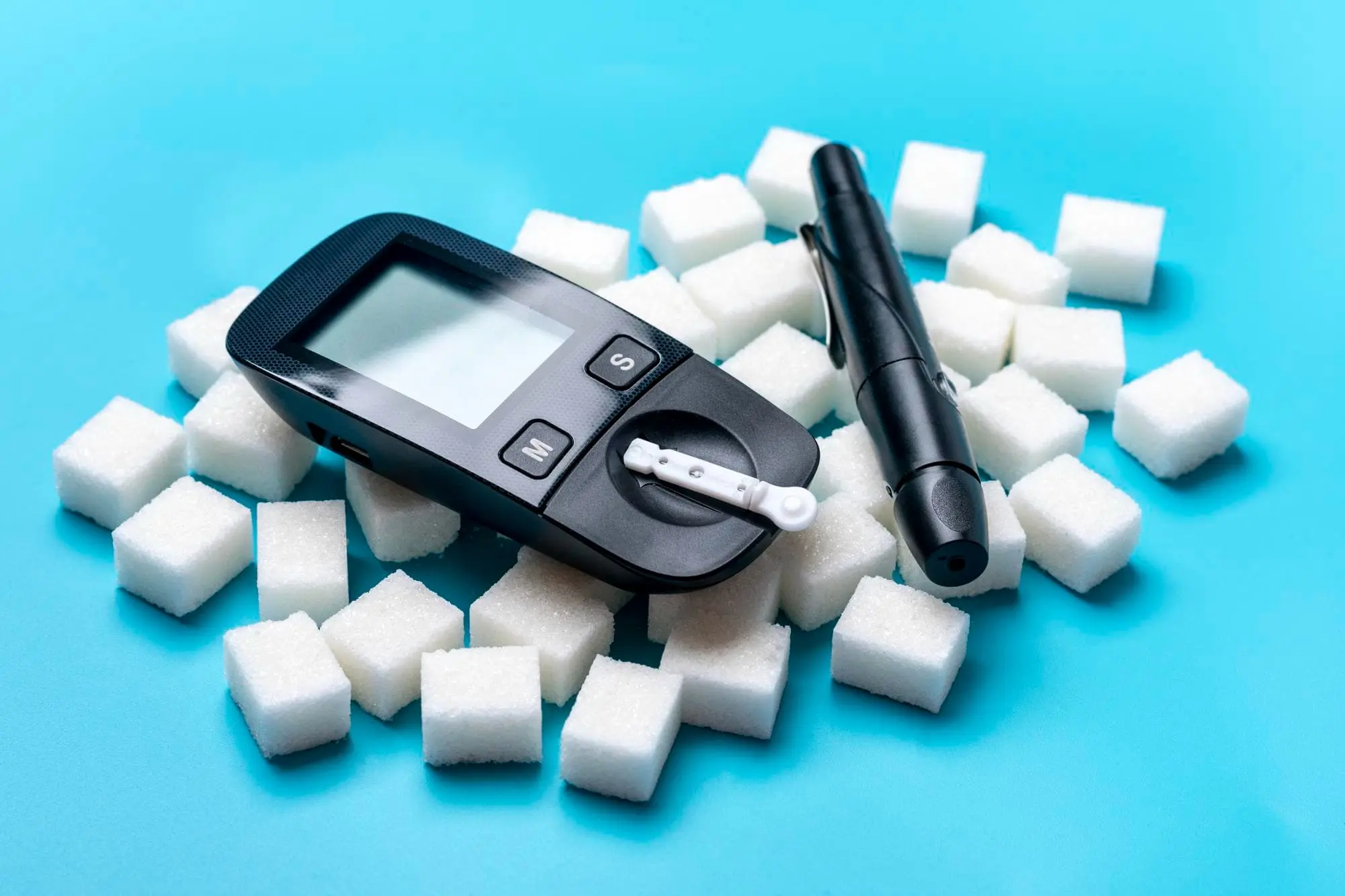In these times of fad diets and quick weight loss programmes, diabetes reversal has become a topic of hot discussion.
In these times of fad diets and quick weight loss programmes, diabetes reversal has become a topic of hot discussion, especially on social media platforms. While such a reversal is possible for some people with type 2 diabetes, type 1 diabetes is not reversible. However, there are many facets about reversal of diabetes, which people are not aware of.
Here is a case in point. One of a patient, a 35-year-old man, had diabetes for six years. Initially treated him with tablets along with insulin because his sugar levels were very high. Doctors put him on a low calorie, low carbohydrate diet, following which his weight was reduced from 123kg to 99kg (24kg weight loss), over a period of two years. He achieved remission of his diabetes. His HbA1c decreased from 8.4% to 5.4%. His fasting sugar levels came down to 83 mg/dl and postprandial sugar to 110 mg/dl. All the antidiabetic drugs were stopped.
He then went around telling everyone he was ‘cured’. He refused to come for further check-ups. He went back to eating with no restrictions. After nine months, he felt unwell and came back for a review. He had gained 13kg. His HbA1c had shot up to 9.6% and his blood sugar to 321 mg/dl. He had to restart all his diabetes medications. Diabetes ‘re-reversal’ had happened. We have seen a large number of such people who have tried various fad diets and reversal programmes, whose diabetes is now worse than when they started these routines.
In the natural history of type 2 diabetes, there is the stage of normal glucose tolerance, followed by the stage of pre-diabetes and finally, diabetes. This progression is well known. Less known is the fact that some people can also move in the opposite direction — diabetes to pre-diabetes and to normal.
According to the American Diabetes Association, the correct term for ‘reversal’ of diabetes is ‘remission’ of diabetes. Although they are used interchangeably, there is a subtle difference in the meaning. Reversal implies diabetes would never come back. As this rarely occurs, the term is remission. This is similar to a cancer going into remission.
There are several treatment options to achieve remission of diabetes. One is through lifestyle modification usually through a low-calorie diet (around 800 calories/day). This will produce a negative calorie balance and lead to rapid weight loss. Low carbohydrate diets (less than 10%) are also widely used. The problem with low carbohydrate diet is that it will considerably increase the fat content of the diet which can increase the bad (LDL) cholesterol and thus raise the risk of heart disease. Besides, low carbohydrate diets are rarely sustainable in our country.
Various technologies are being used nowadays, for attempting reversal. The most common is using mobile phones or a coach or a diabetes educator, who keeps in touch with people and motivates them to achieve weight loss and to stick to their lifestyle modification. There are various apps which are used for this purpose which count the steps that one takes per day and/or the calories in the diet and provides constant feedback to the person to help achieve diabetes remission. The problem is that there is a lot of hype, and false claims are made.
In most cases, remission occurs due to profound weight loss. If people regain weight, as they usually do, diabetes invariably comes back, often with a vengeance. While few patients have maintained remission for several years, in most people diabetes comes back and they need to take medications again. Long-term sustainability is thus a problem with reversal programmes.
Re-reversal is a reality. Hence, it is important for those who have achieved remission to maintain weight loss and continue the diet and exercise. Most importantly, regular visits to the doctor is a must, as it is imperative to continuously monitor one’s health. It is a mistake to assume that one is ‘cured’. It doesn’t matter if you don’t achieve remission. Some patients have celebrated their 100th birthday despite having diabetes for 60 or 70 years and having continued their medications lifelong. Keeping your diabetes under control and going for regular check-ups are the key to a long and healthy life despite diabetes. #thehydnews


